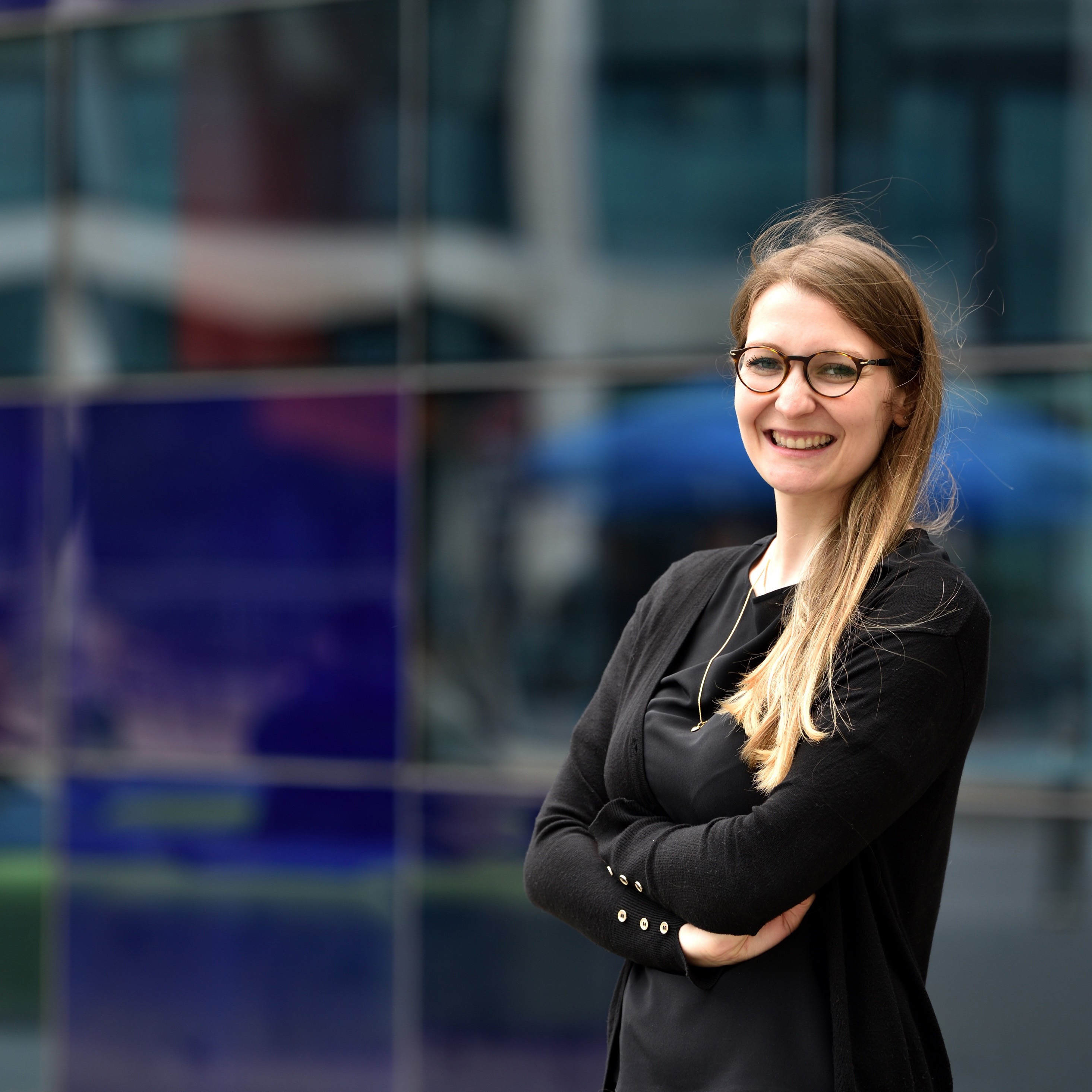 Role: Postdoctoral researcher at Empa in Dübendorf, Switzerland and visiting researcher at Imperial College London
Role: Postdoctoral researcher at Empa in Dübendorf, Switzerland and visiting researcher at Imperial College London
Subject area: Electrical and Electronic Engineering
Nationality: Italian
I did my undergraduate degree in Electronic Engineering in my home country of Italy. I then went on to do a Master’s degree in Robotics, Systems and Control in Switzerland and then a PhD in the Control and Power Research Group at Imperial College London in the United Kingdom. I am currently working as a Postdoctoral researcher in Switzerland and a visiting researcher at Imperial College London in the Department of Electrical and Electronic Engineering.
Education
![]()
Degrees:
• BSc in Electronic Engineering, Università degli Studi di Napoli Federico II, Italy
• MSc in Robotics, Systems and Control, ETH Zürich, Switzerland
• PhD in the Control and Power Research Group, Imperial College London
Details about Dr Frederica Billizio
My research
One of my current research interests is the use of machine learning to fully exploit the available power storage capacity of electric vehicles to reduce the cost of operating electricity grids. This cost reduction comes from providing demand-side flexibility services from the available batteries in electricity markets.
My inspiration
My mother and my sister have been my biggest inspiration. My mother, who is a Maths teacher, taught me to observe my surroundings and always be a critical thinker. My sister is an electronic engineer working in the electric power system industry and her passion for her job inspired me to pursue the same career.
Who is your STEM hero?
Dr Katherine Johnson, a NASA mathematician, who graduated from university at 18. She had a key role in several NASA missions, including calculating the trajectory for the Apollo 11 mission. She was awarded the Presidential Medal of Freedom in 2015. As a black woman, she not only overcame social boundaries related to women in STEM, but racial discrimination too.
.jpg)
Most significant discovery/invention?
Penicillin, discovered by scientist Alexander Fleming in 1928. Penicillin has been crucial to save millions of lives and changed the course of modern medicine. His discovery lead to the creation of over a hundred other antibiotics, which currently improve the quality of our lives.

Career options after study
- R&D in leading companies in the field
- Consultancy
- Researcher/ Scientist positions in research labs
- Lectureship in top-ranked universities
- Quant developer/ researcher analyst positions in top investment banking firms

My hobbies
I am a curious traveller, I am planning a backpack trip for next year, passionate reader, and though I have a background in artistic gymnastics I currently just enjoy going to the gym.
Outreach Newsletter
Sign up to our newsletter and mailing list for updates about Outreach events and activities.